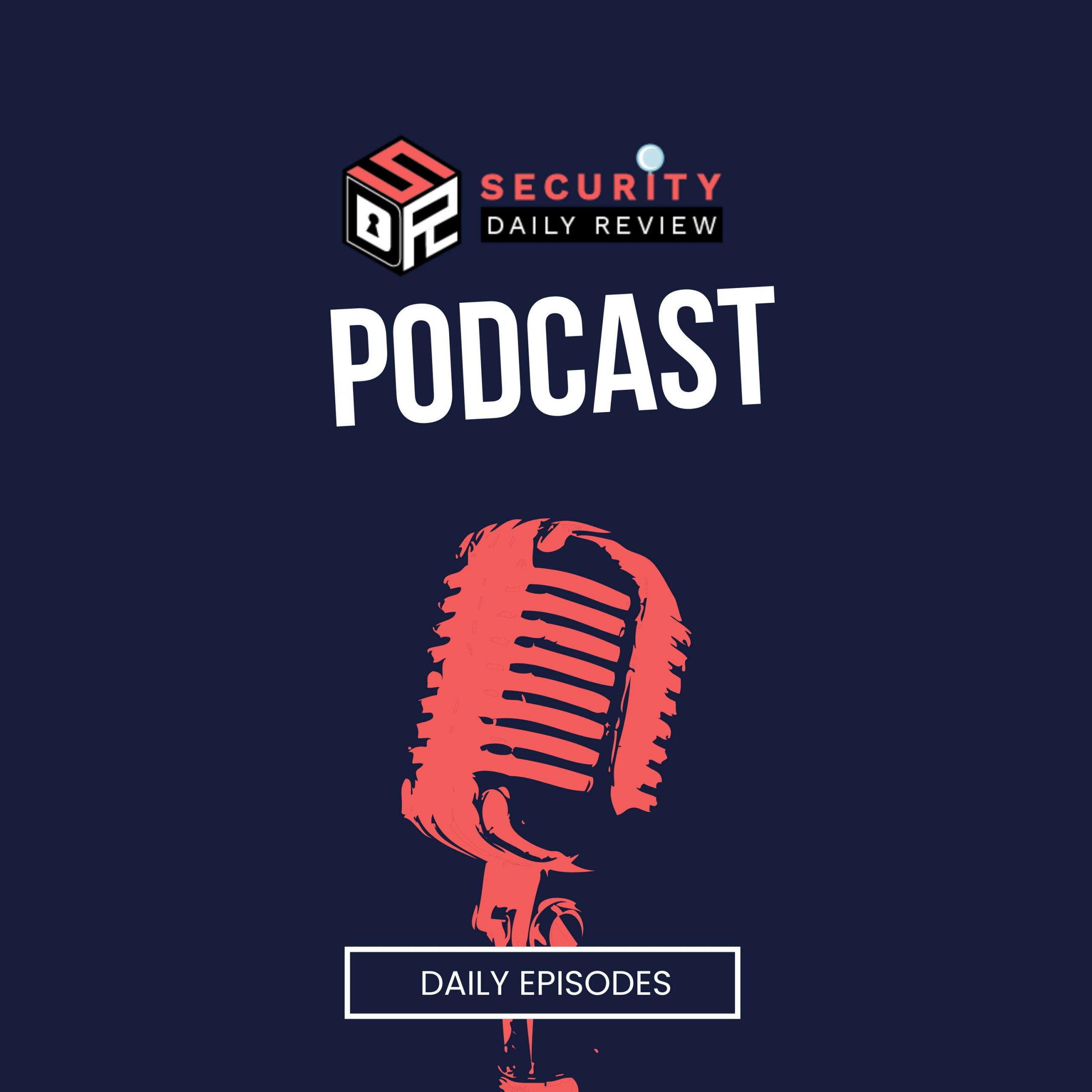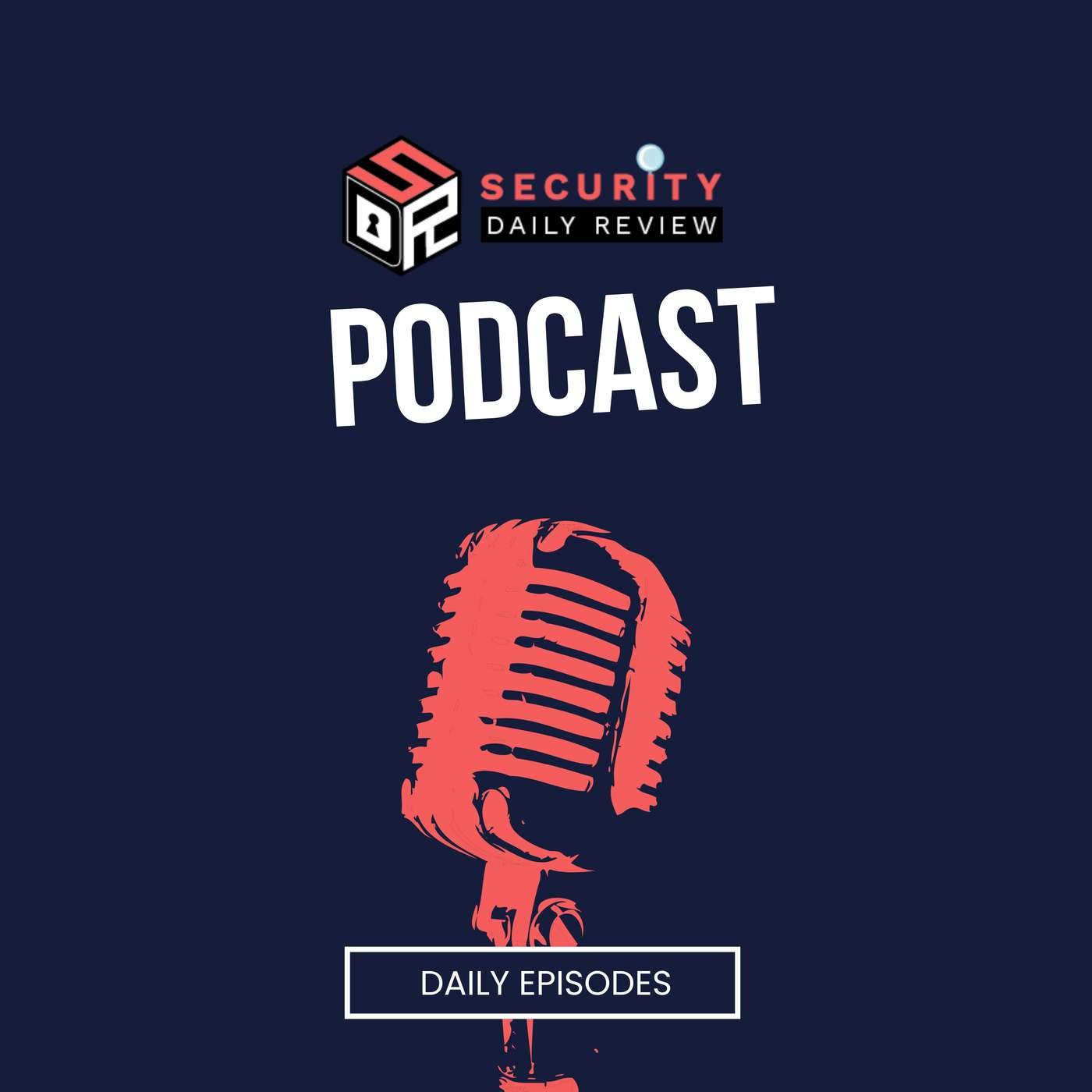Ahold Delhaize, one of the world’s largest food retailers, is now the subject of one of the most significant ransomware breaches in recent U.S. history. Affecting over 2.2 million current and former employees, this incident—claimed by the cybercrime group INC Ransom—highlights the rising threat posed by ransomware-as-a-service operations targeting enterprise systems across critical sectors.
In this episode, we unpack the breach, its long-delayed public disclosure, and the sensitive data exposed—including Social Security numbers, financial accounts, health records, and employment data. While customer payment information appears unaffected, the breach underscores systemic vulnerabilities in enterprise cybersecurity, especially around internal systems and employee data.
We also explore the evolving tactics of modern ransomware groups, such as:
- Double extortion: stealing and threatening to leak sensitive data in addition to encrypting systems
- Initial access via known vulnerabilities (e.g., Citrix NetScaler) and social engineering
- Skipping encryption altogether, focusing solely on pure extortion
- Targeting soft spots like IT help desks and internal apps, rather than traditional perimeter defenses
INC Ransom, a relatively new but increasingly active ransomware group, has used these methods in over 250 attacks, including hits on government and healthcare systems. The Ahold Delhaize incident represents their largest breach by data volume to date.
We also examine the legal and regulatory implications of the breach:
- Potential class action lawsuits for negligence and delayed notification
- Risks under HIPAA if health data is involved
- Compliance issues under state breach notification laws and privacy regulations
- Impacts of international frameworks like GDPR for global operations
As ransomware attacks grow in scale and sophistication, this breach signals broader challenges for enterprise resilience. We’ll discuss what went wrong, how businesses can prepare, and what steps every organization should consider now:
- Implementing Zero Trust architectures
- Strengthening employee training and phishing defenses
- Enhancing vendor and internal app security
- Regular resilience audits and incident response testing
This episode is essential listening for CISOs, IT leaders, legal teams, and anyone involved in protecting sensitive data across large, distributed enterprises. The Ahold Delhaize breach isn’t just a warning—it’s a roadmap of how today’s attackers are bypassing yesterday’s defenses.








